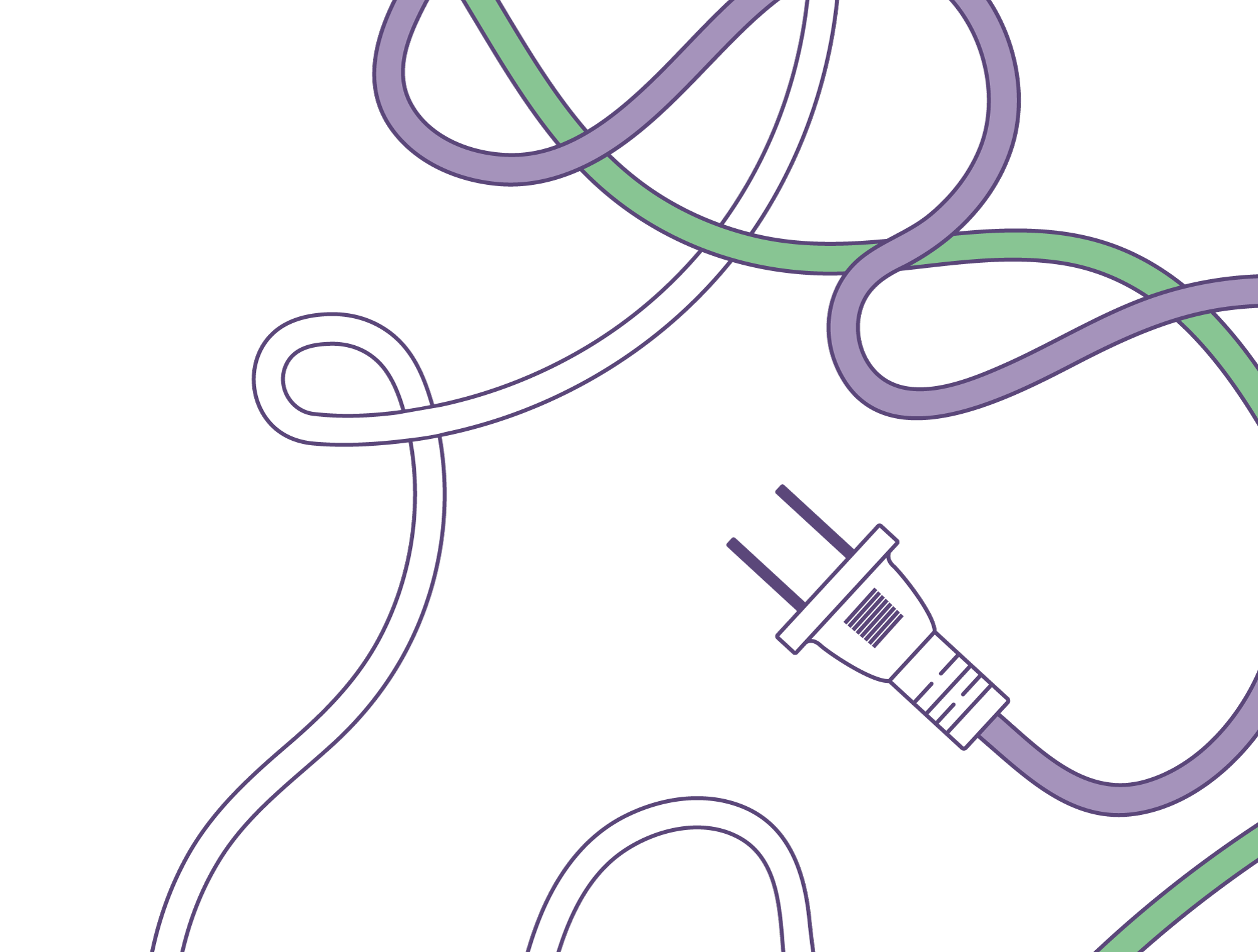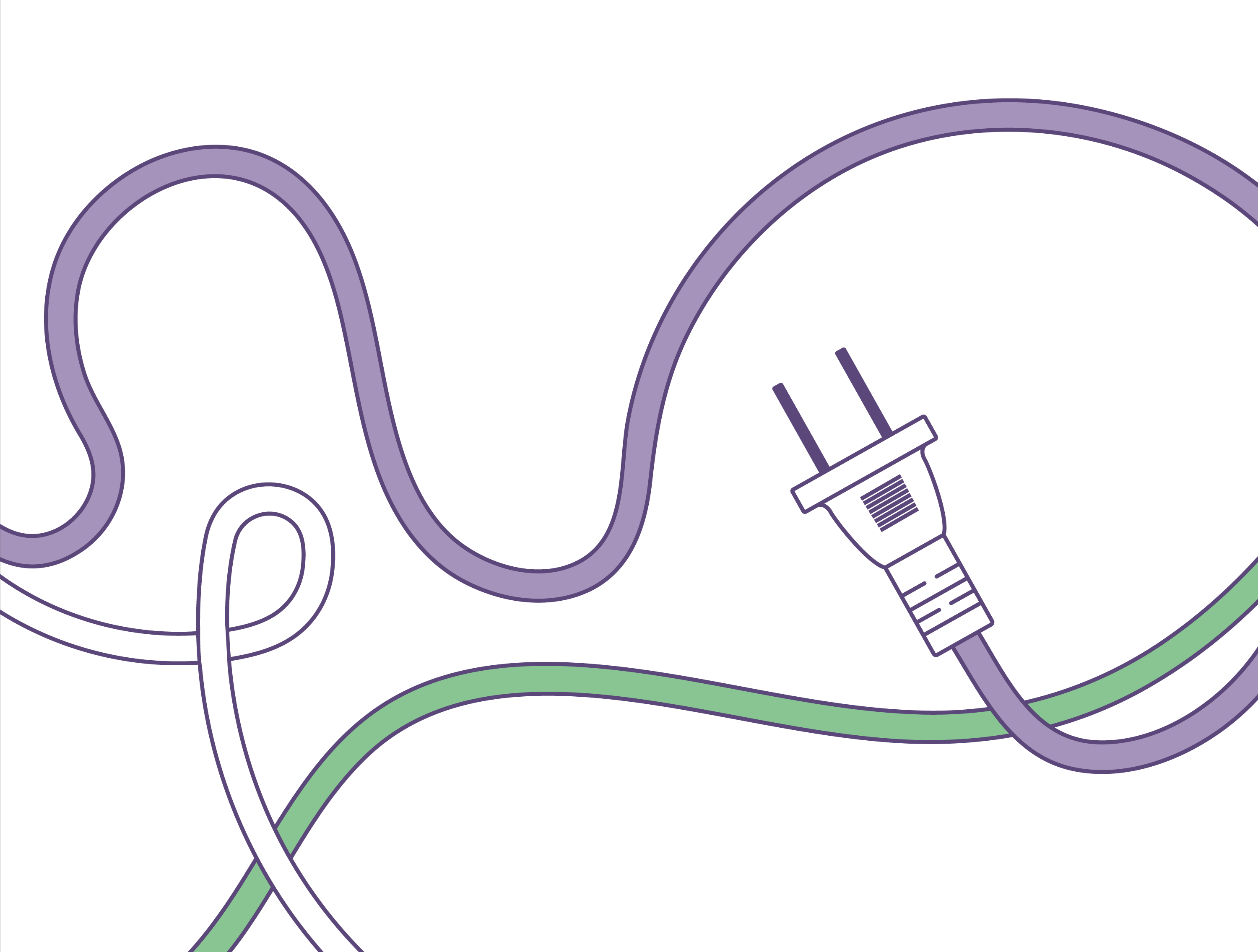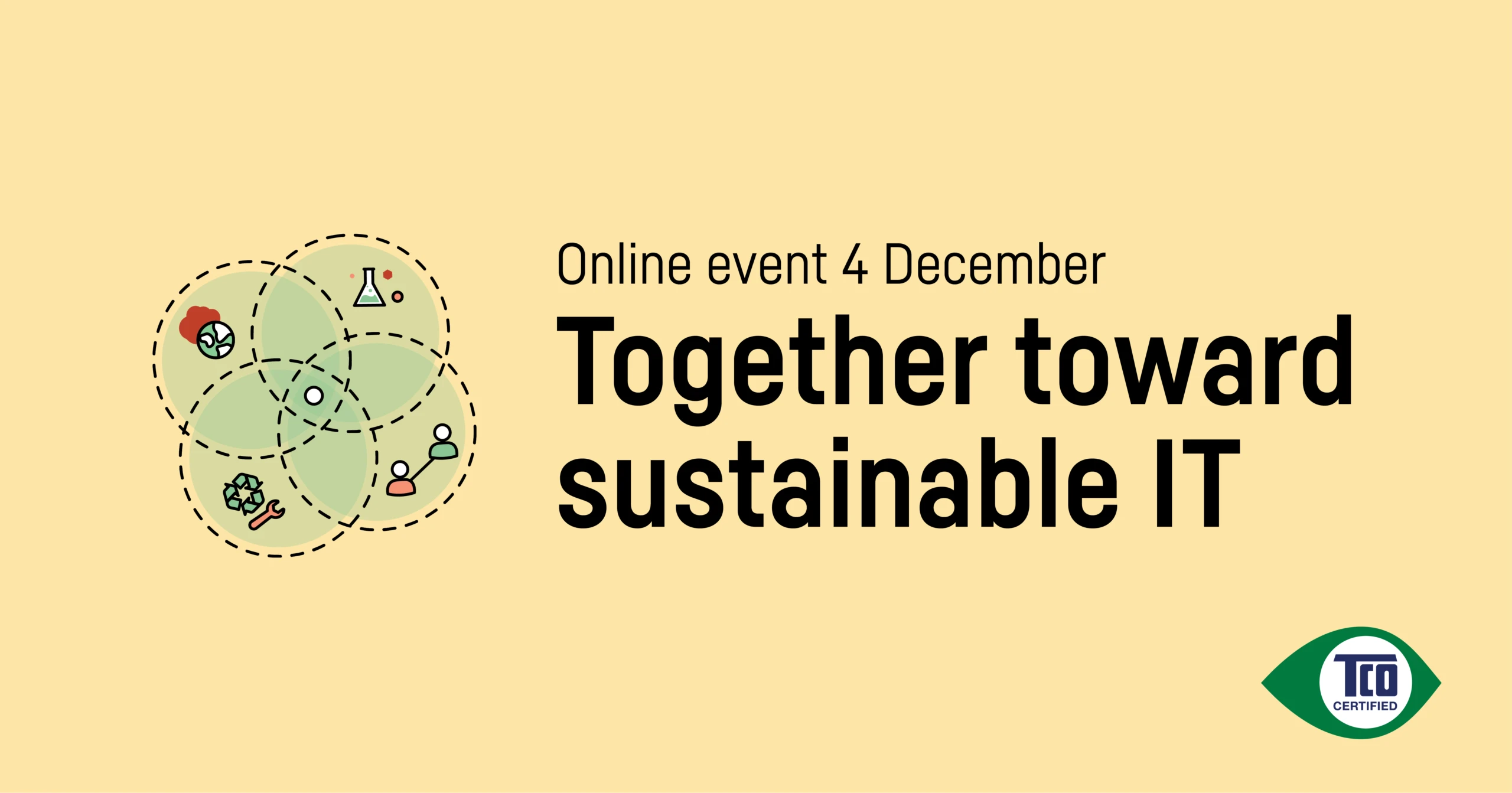Imagine that your workplace is a severe risk to your health. You may be exposed to carcinogenic chemicals, or have a salary that is so low that you are forced to accept unreasonably long overtime shifts. Emergency exits may be locked and you fear being trapped in a fire. This is the reality for many people working in the IT product supply chain today.
The increasingly complex IT supply chain has opened access to a wide range of inexpensive yet high-performing computers and mobile devices. A major reason why the price and value remain low is that these complex supply chains make it difficult to manage sustainability risks and that employees often are paid low wages.
These workers have very limited opportunities to change the situation they are in — but IT purchasers have the power to make a difference. When you ask for products that are responsibly made, the IT brands will listen. When you no longer accept labor law violations or other health and safety risks for workers, change will happen. However, for these requirements to be effective, an independent party must verify that your requirements are being met.
With TCO Certified, independent verification of criteria compliance is always included. For all criteria, with no exceptions. Every year, approximately 20,000 hours are spent on product tests, factory audits, and follow-up. Listening to what these verifiers report makes it clear that the work they do is absolutely necessary. In some cases, they have observed that factories declaring a 60-hour workweek have in fact shown to have working hours well above 80 hours. In other cases, audits in factories claiming to provide adequate emergency exits, reveal some exits are locked or blocked. Or, that workers are required to handle hazardous chemicals without being provided adequate protection and training.
As an IT purchaser, you simply cannot set relevant criteria and rely on self declarations as proof of criteria compliance. Best practice is mandatory independent verification of all criteria for each product, final assembly factory, and brand owner – before and after a product is certified. This complex and costly scrutiny closes loopholes, helps protect workers, and forces the industry to make improvements. This is the way to avoid greenwash and bluewash.
When you think about it, the need for independent proof is rather obvious and applies to many areas of life. How safe would our roads be if people got their driving licenses without passing a test? How would you feel about being operated on by a doctor with self declared skills and no medical degree? And I doubt that my five-year-old would pick up his lego from the floor if I didn’t encourage him with a “well done!” when he is finished.
The same thing applies to the IT industry. If you want products that are manufactured under fair terms, you need proof of what’s going on. This is something we take a close look at in our latest report, Impacts and Insights: Navigating the Sustainable IT Revolution. The report explains how procuring organizations — and individual purchasers — can drive sustainable development, avoid greenwash and prove their efforts. You’ll learn more about why verifying product claims and social responsibility in the supply chain is smart business. So, if you want to take the next step in sustainable purchasing, I’d recommend that you check out this report. And if you have questions or thoughts, feel free to reach out.

Gabriella Mellstrand is the Global Marketing & Communications Director at TCO Development. She has a lifelong interest in sustainability and the environment. Gabriella is also a foodie, running a social media account where she shares a lot of tips on local restaurants and different dishes.






